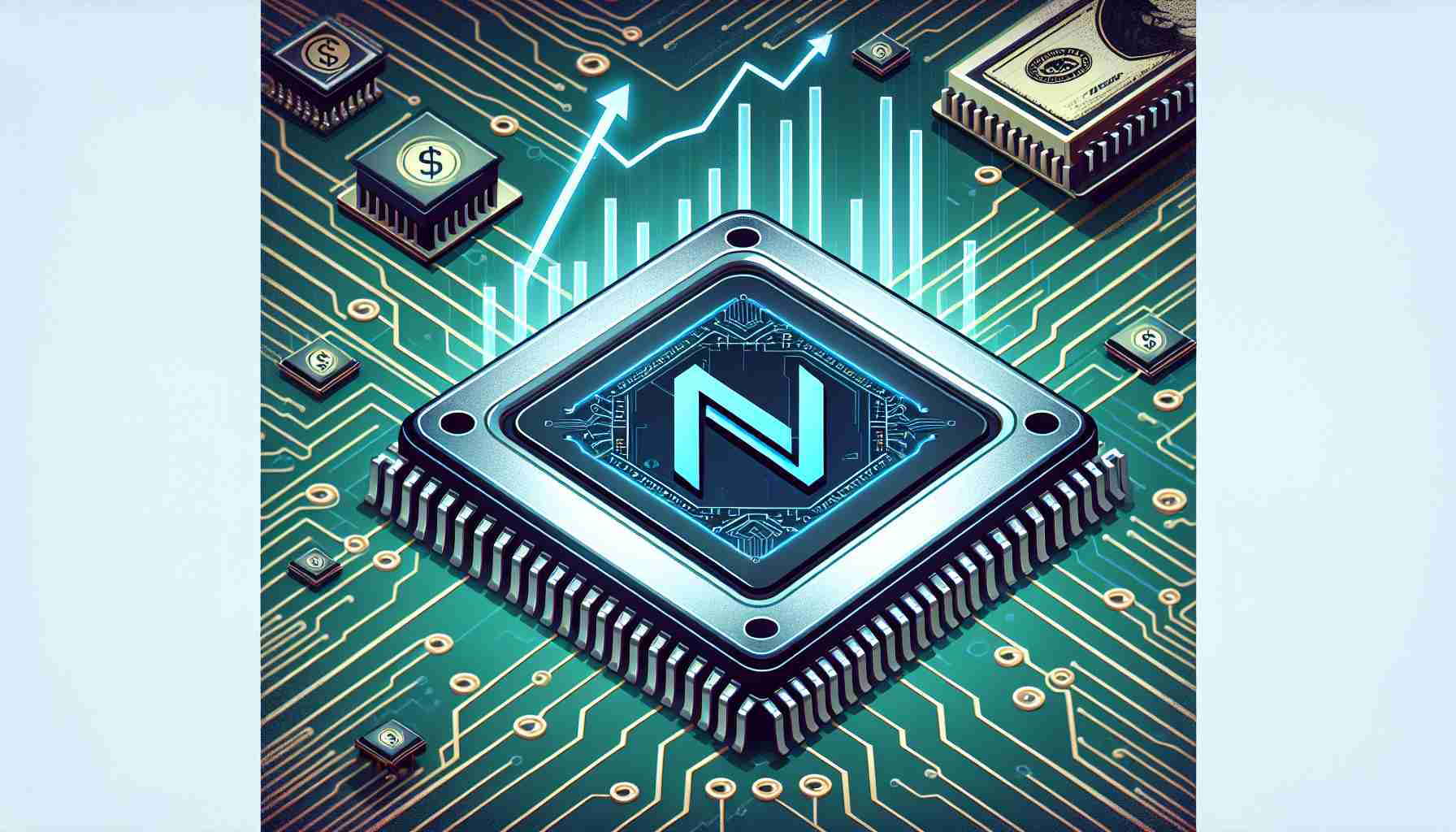Experience a new era of healthcare transformation driven by cutting-edge technologies that enhance efficiency and quality of treatment. From AI to cloud computing, healthcare providers are embracing innovative solutions to revolutionize patient care.
AI is at the forefront of this revolution, offering quick diagnoses, efficient insights, and enhanced medical equipment analysis. Platforms like Siemens for Health exemplify AI-based solutions that streamline operations and reduce treatment times, leading to improved patient outcomes.
Teleconsultation and telemedicine are gaining momentum, especially in chronic disease management. Healthcare organizations are investing in software for e-prescribing and telehealth, focusing on interoperability and security to ensure seamless integration.
Price transparency, virtual healthcare, and electronic prescriptions are reshaping the healthcare landscape, with a focus on improving patient care and system efficiency. While challenges persist, including cybersecurity risks and infrastructure needs, the push towards advanced healthcare IT solutions continues to drive growth in the industry.
Embrace the future of healthcare technology, where data-driven insights and streamlined processes pave the way for superior healthcare delivery. Join the movement towards a more efficient and effective healthcare system, where innovation and patient care go hand in hand.
Revolutionizing Healthcare with Advanced Technologies: Unveiling Key Questions and Challenges
As healthcare continues to evolve with the integration of advanced technologies, numerous questions arise regarding the impact, viability, and challenges associated with this transformation. Let’s delve deeper into the domain of healthcare technology to explore the uncharted territories and intricacies of this dynamic field.
Key Questions:
1. How can advanced technologies such as artificial intelligence and blockchain revolutionize healthcare outcomes?
2. What are the ethical implications of utilizing sensitive patient data in AI-powered healthcare solutions?
3. How can interoperability be achieved to ensure seamless connectivity between various healthcare IT systems?
4. What role do regulatory bodies play in overseeing the integration of advanced technologies in healthcare practices?
5. How can healthcare providers ensure the security and privacy of patient information in the era of digital healthcare transformation?
Key Challenges and Controversies:
1. Data Security: The digitization of healthcare records and increasing reliance on cloud computing raise concerns about data breaches and cybersecurity threats.
2. Regulatory Compliance: Navigating the complex regulatory landscape to meet legal requirements while implementing innovative technologies poses a significant challenge for healthcare organizations.
3. Access Disparities: Adoption of advanced technologies may widen the gap between patients with access to digital healthcare services and those without adequate resources.
4. Cost Implications: Investing in cutting-edge healthcare technologies can be expensive, leading to disparities in access to advanced treatments and services.
5. Resistance to Change: Healthcare professionals and patients may face resistance in accepting and adapting to new technologies, impacting the successful implementation of innovative solutions.
Advantages and Disadvantages:
Advantages:
– Improved Patient Outcomes: Advanced technologies enable quicker diagnosis, personalized treatment plans, and enhanced monitoring of patient progress.
– Enhanced Efficiency: Streamlined processes, automation of tasks, and remote monitoring contribute to increased efficiency in healthcare delivery.
– Access to Remote Care: Telemedicine and virtual healthcare platforms improve access to healthcare services for individuals in remote or underserved areas.
Disadvantages:
– Privacy Concerns: Gathering and sharing sensitive patient data for healthcare analytics raise privacy issues and the risk of unauthorized data access.
– Technology Dependency: Overreliance on technology may lead to a lack of human interaction and personalized care in healthcare settings.
– Digital Divide: Disparities in access to technology and digital literacy can widen the gap in healthcare outcomes for different populations.
Experience the evolution of healthcare technology as we navigate the complexities and opportunities that come with leveraging advanced solutions for better patient care and system efficiency.
Explore more about the advancements in healthcare technology at Healthcare IT News.
















